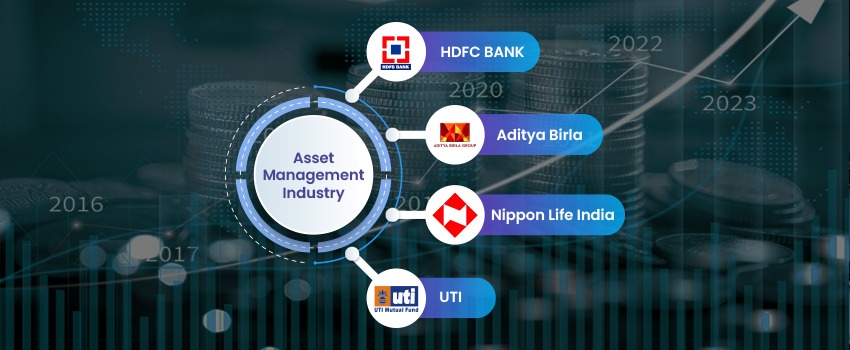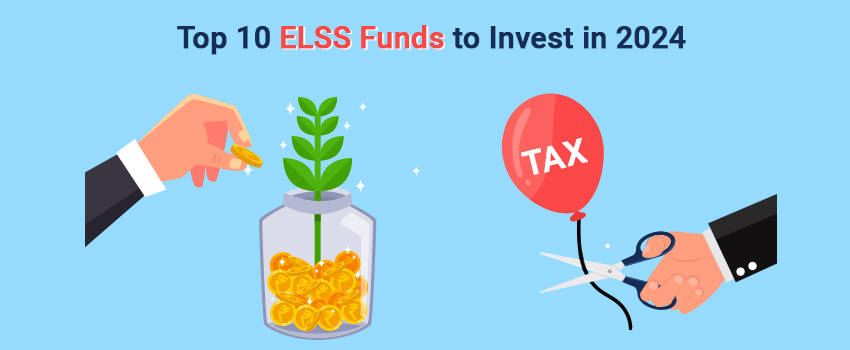Passive investing is picking up pace in developing markets. Passive funds follow a strategy of tracking a particular index performance or a factor like quality, value, etc. In developed markets like US, passive funds currently account for 29 percent according to Moody’s.
Merits
The primary reason for rise in passive investing trend is cheaper way to earn an index return than it is to employ portfolio managers with the skills to outperform the index return. The second reason is performance by majority of the fund managers is very poor in beating the index even over longer periods.
In India as well, an active mutual fund costs 1-1.5% per annum in expense ratio versus an index fund that charges 0.1-0.3% per annum. Recent S&P SPIVA report indicates that only 37.22% active Large Cap funds have managed to beat Large Cap Index BSE 100 over a 10 year period. Also, only 50% of active Mid and Small cap funds have managed to beat BSE400 MidSmall Cap Index in same time period.
The reason for this underperformance is:
i) MFs AUM size has substantially increased as a % of free float Market capitalization to construct very different portfolio than the market;
ii) Expense ratio & turnover ratio (higher brokerage and impact costs) of MFs is very high which offsets excess returns generated by skill.
Demerits
Passive investment strategy selects stocks based on a particular criterion without any bias or insights from fund managers. This may lead to poor selection of stocks at times.
Let’s take the most widely followed passive investment strategy, Index investing eg. Nifty 50 or Sensex 30. If one digs deep into Index construction, investing in Index means buying more of what has gone up and/or probably overpriced; and buying less of what has fallen and/or probably underpriced. This is contrary to “buy low and sell high” dictum.
Besides, index is constructed based on free float market capitalization of companies. Free Float market capitalization means market capitalization excluding what is held by promoters/founders that is not available for trade. Because index ranks stocks based on free float market capitalization, it holds more of low promoter shareholding companies and less of high promoter shareholding companies. In fundamental investing circles, it is believed that higher promoter shareholding companies tend to outperform their counterparts over long term.
Secondly, because it is market capitalization weighted, it invests more money in companies that are larger in size and less in smaller sized companies, irrespective of quality of the company or valuation of the company. Smaller companies tend to outperform larger peers over long term.
In bull markets, there will always be pockets in bubble territory and they would have higher allocation and undervalued stocks will be pushed to much lower allocation. During correction most popular stocks correct the most and hence the index can fall harder until the bubble stocks are not moved out of index. This also means that index will take longer to recover from drawdown as opposed to active mutual funds who will exit stocks based on their assessment. (Eg. Jan’08- Dec’13).
Over 3-5 years at bull market peak, most mutual funds may end up earning very similar returns to an index fund; however, some funds with portfolio of only quality stocks and lower turnover & expense ratio will tend to stand out over time. They will have lower time to recovery from drawdown, ability to dodge overvalued space and accounting frauds and outperform over longer time period of 10-15 years. The comfort of being invested in quality stocks handpicked by managers after intense research is more comforting to park large retirement corpus versus investing based passive strategy, even if it means a portfolio of quality stocks underperforms sometimes.
In life, we don’t give up in our academics or careers just because maximum people are going to end up becoming average over time. We put in efforts to do our best to succeed. Just like that we believe a portion of savings can be given a chance to earn better than average returns.
We do like Index funds for their features like low cost, simplicity and discipline. Someone without an advisor can certainly consider Index fund to be core part of one’s portfolio. Recently, DSP mutual fund has come up DSP Nifty 50 index Fund, DSP Nifty Next 50 index fund. They are charging just 0.2% p.a. and 0.3% p.a. respectively. There are many other index funds from ICICI, HDFC, SBI, etc. that offer such low cost Nifty & Sensex Index funds.
There are some interesting passive funds available in the market like DSP Equal Nifty 50 Fund, Edelweiss ETF Nifty Quality 30 and R*Shares NV20 ETF. They follow a different process than market cap weighted index and have potential to make higher return than plain vanilla index funds. However, they are recently launched hence difficult to review their performance; hence deserve only a small allocation.
Index ETF and index funds are similar except that Index ETFs require demat account and incur brokerage costs but can be sold in the market immediately to buy other stocks. Index funds are better than ETFs if one is investing for long term.
Select active mutual funds with passive fund-like characteristics of following a single process and maintaining discipline are better options than index funds. An index fund has managed to beat quite a few active mutual funds due to discipline it follows for long time. Index sticks to a process and doesn’t churn portfolio every now and then. If one finds mutual funds similar to these characteristics, they are worth investing and deserve what they charge in expense ratio.
Every investor may not have a temperament to stick along with the fund through its underperformance. One needs advisor’s help to understand pros and cons of every process before shortlisting funds. Currently, we recommend 3-5 active mutual funds following different process and hold them tight for long term. In diversified process portfolio, 1-2 funds will keep outperforming which will help our clients ride out underperformance in others rather than moving in and out of underperforming funds incurring unnecessary Exit loads and Long Term Capital Tax.
If you liked what you read and would like to put it in to practice Register at MoneyWorks4me.com. You will get amazing FREE features that will enable you to invest in Stocks and Mutual Funds the right way.
Need help on Investing? And more….Puchho Befikar
Kyunki yeh paise ka mamala hai
Start Chat | Request a Callback | Call 020 6725 8333 | WhatsApp 8055769463










